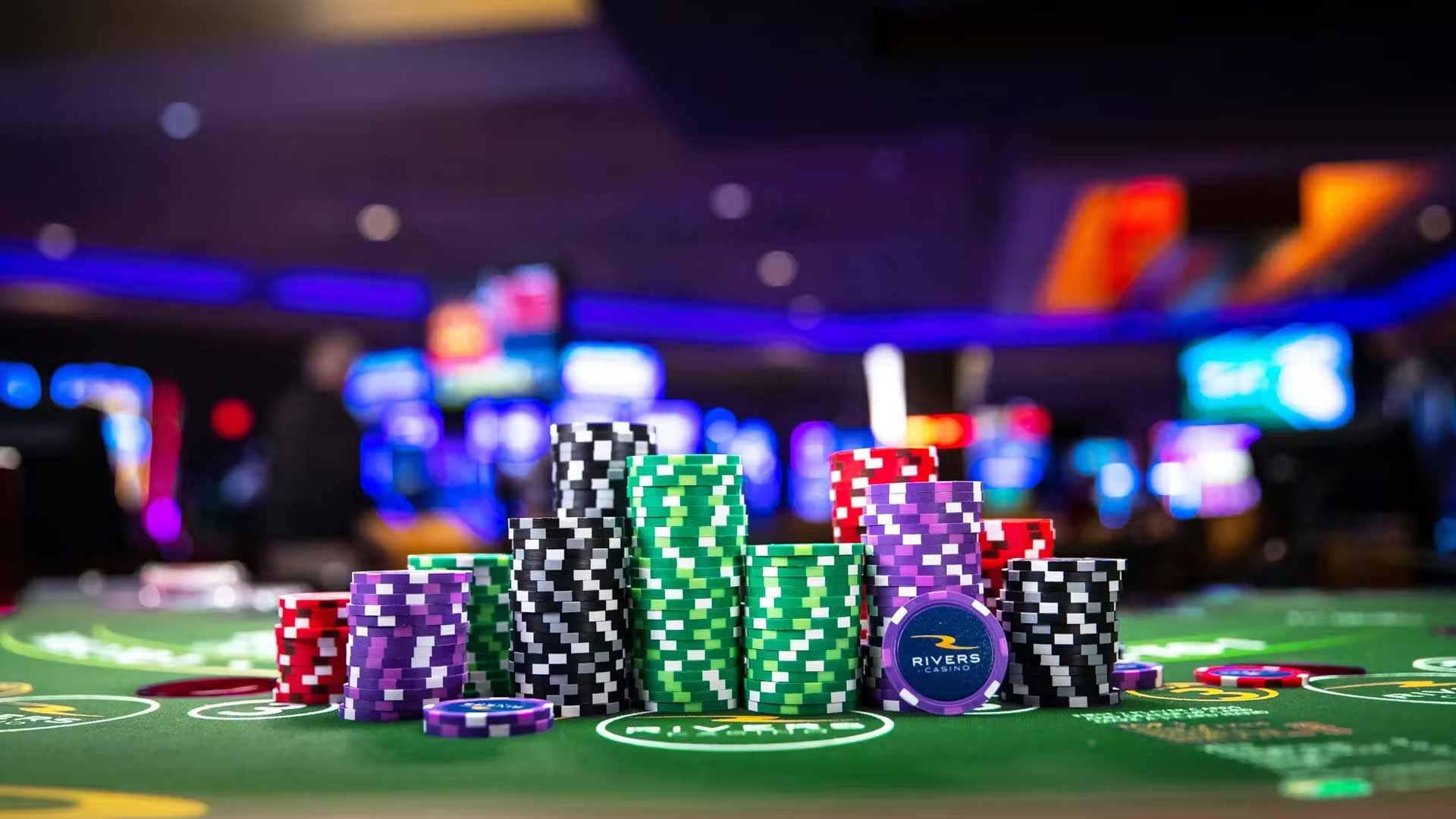The Dark Side of Gambling Addiction

The Dark Side of Gambling Addiction
Gambling, in its various forms, from casino games to online sports betting, is often portrayed as a harmless pastime, a source of entertainment, and a way to potentially win big. However, beneath the glitz and glamour lies a darker reality: gambling addiction. This insidious disorder, also known as compulsive gambling, can devastate individuals and their loved ones, leading to financial ruin, broken relationships, and severe mental health problems.
Gambling addiction isn't simply about losing money; it's a complex behavioral disorder. It's characterized by an irresistible urge to gamble, despite the negative consequences. People struggling with this addiction often experience a preoccupation with gambling, needing to bet increasingly large amounts of money to achieve the same level of excitement (known as tolerance), and experiencing withdrawal symptoms when they try to stop.
The financial impact of gambling addiction can be catastrophic. Compulsive gamblers may deplete their savings, accumulate significant debt, and even resort to illegal activities like theft or fraud to fund their habit. They may lose their homes, their jobs, and their financial stability, leaving them and their families in dire straits. The constant stress of financial pressure can also lead to other health complications and exacerbate existing mental health problems.
Beyond the financial devastation, gambling addiction can also wreak havoc on relationships. Trust is broken as compulsive gamblers lie about their activities and hide their losses. Family members, including spouses, partners, and children, suffer from the emotional turmoil, anxiety, and stress caused by the gambler's behavior. The constant strain can lead to arguments, separation, divorce, and even domestic violence.
The mental health consequences of gambling addiction are also significant. The constant cycle of chasing losses, the thrill of winning, and the despair of losing can trigger or worsen mental health conditions such as:
- Depression: The feelings of hopelessness and despair associated with financial ruin and relationship breakdown can lead to clinical depression.
- Anxiety: The constant worry about finances, the fear of being caught, and the anticipation of gambling can trigger anxiety disorders.
- Substance Abuse: Many compulsive gamblers turn to drugs or alcohol to cope with the stress and emotional pain associated with their addiction. This can create a dangerous cycle of addiction and worsen their overall condition.
- Suicidal Thoughts: In severe cases, the overwhelming feelings of despair, guilt, and shame can lead to suicidal thoughts or attempts.
The prevalence of gambling addiction is a serious concern. The ease of access to online gambling platforms, including those that offer m88 sport taruhan, has made it even more difficult for individuals to resist the temptation to gamble. The anonymity offered by online platforms can also exacerbate the problem, as gamblers may feel less accountable for their actions.
Identifying the signs of gambling addiction is crucial for seeking help. These signs include:
- Preoccupation with gambling: Constantly thinking about gambling, planning gambling activities, and reliving past gambling experiences.
- Increasing bets: Needing to bet increasingly larger amounts of money to achieve the same level of excitement.
- Failed attempts to stop: Inability to control or stop gambling despite repeated attempts.
- Lying about gambling: Hiding the extent of gambling from family and friends.
- Gambling to escape problems: Using gambling as a way to cope with stress, anxiety, or depression.
- Chasing losses: Continuing to gamble in an attempt to win back money that has been lost.
- Financial problems: Accumulating debt, borrowing money to gamble, or selling possessions to fund gambling.
- Relationship problems: Experiencing conflict with family members or friends due to gambling.
If you or someone you know is struggling with gambling addiction, it's essential to seek help immediately. Treatment options include:
- Therapy: Cognitive behavioral therapy (CBT) can help individuals identify and change negative thought patterns and behaviors related to gambling.
- Support groups: Gamblers Anonymous (GA) provides a supportive environment for individuals to share their experiences and receive guidance from others who have faced similar challenges.
- Medication: In some cases, medication, such as antidepressants or mood stabilizers, may be prescribed to help manage co-occurring mental health conditions.
- Financial counseling: Counseling can help individuals manage their finances and develop strategies to overcome debt.
Gambling addiction is a treatable disorder, and recovery is possible. By recognizing the signs, seeking help, and committing to treatment, individuals can regain control of their lives and rebuild their financial stability and relationships. Don't let the dark side of gambling addiction consume you. Seek help today.
```